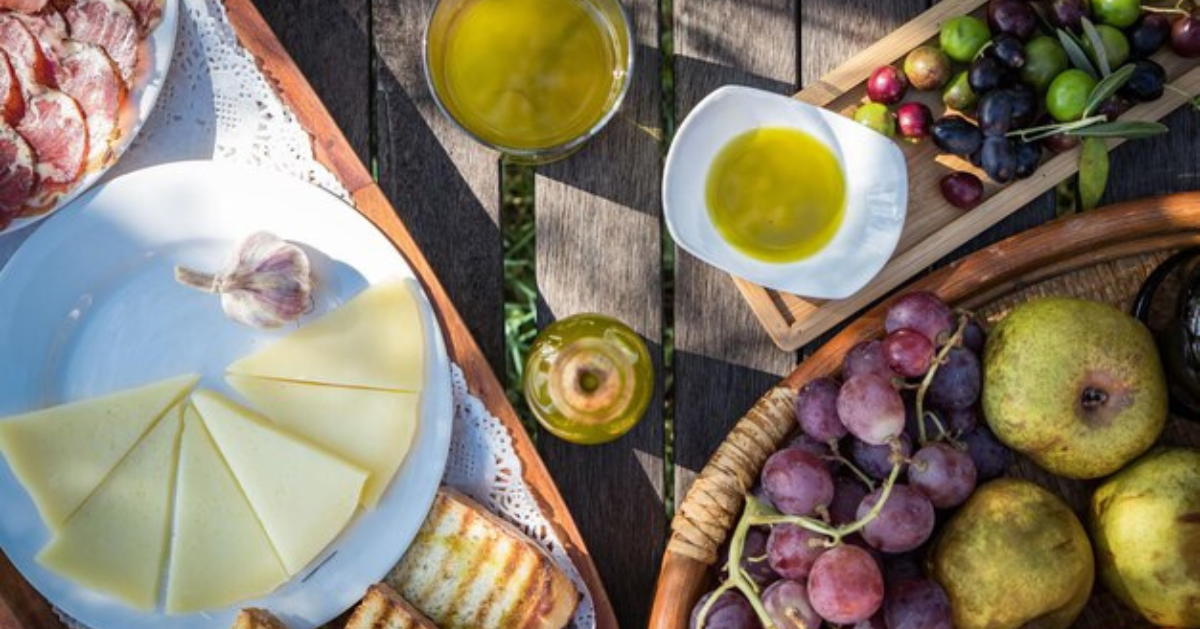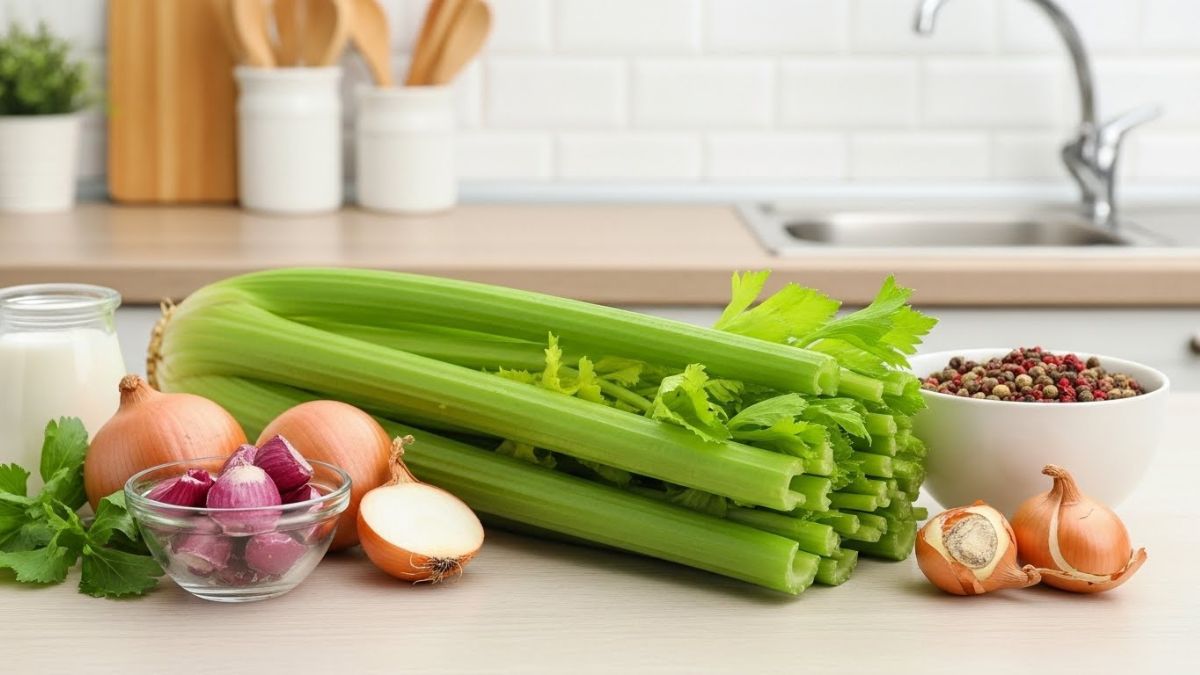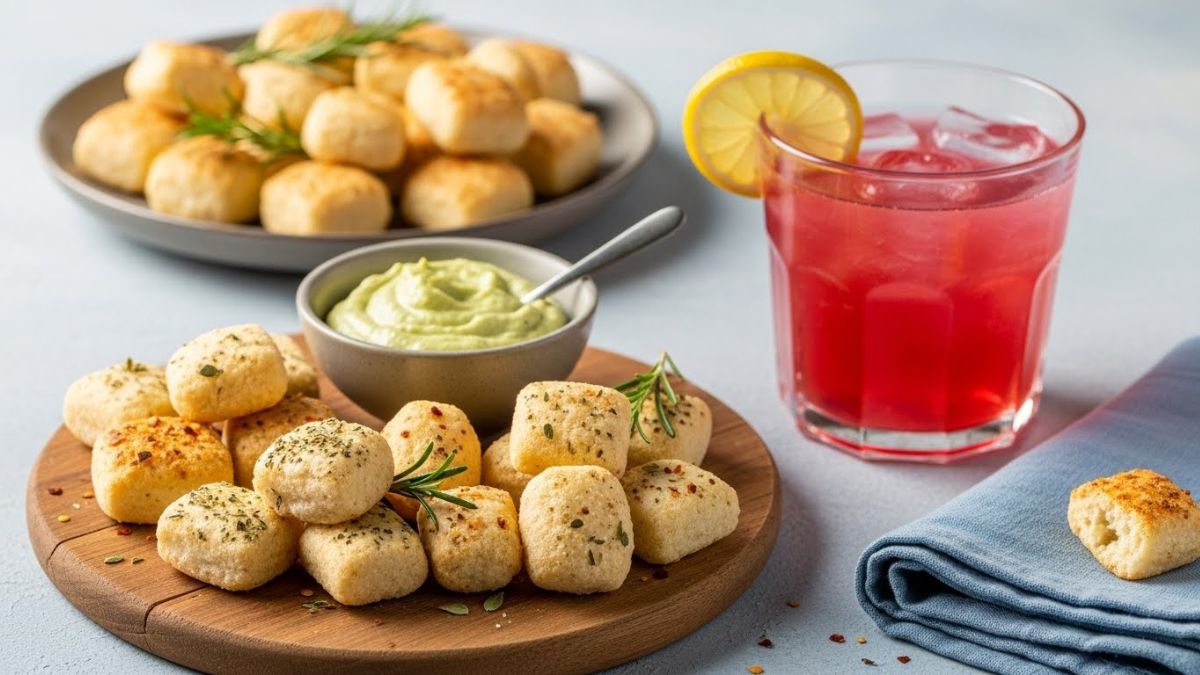Manzanilla is a term that is widely recognized for its cultural and culinary significance, especially in Spanish-speaking countries. The name “Manzanilla” is commonly associated with both olives and wine, both of which hold a special place in the hearts of food lovers and connoisseurs around the world. In this article, we will dive into the rich history and various forms of Manzanilla, exploring its origins, types, benefits, and its essential role in global cuisine.
What Is Manzanilla?
At its core, “Manzanila” refers to two things: a variety of olives and a type of fortified wine. The word itself is derived from the Spanish word “manzana,” which means apple, possibly referring to the slightly apple-like shape of the olive. While both the olive and wine are cherished, they are often seen as symbols of Spanish culture, particularly within the southern region of Andalusia.
Brief History and Origin of Manzanila
The story of Manzanila dates back to the Phoenician and Roman times, when Mediterranean civilizations first began cultivating olives. However, the most famous varieties of Manzanila olives are grown in the Cádiz region of Spain. It is here that the wine also found its roots, originating from the Sherry Triangle, where it continues to be produced to this day.
Types of Manzanila
Manzanila may be most commonly known for its association with olives and wine, but there are variations of each. Let’s explore both the Manzanila olives and the famous Manzanila wine.
Manzanila Olives
Manzanila olives are small, green, and often brined, offering a unique flavor profile that is both tangy and slightly nutty. These olives are predominantly grown in the Andalusian region of Spain, particularly in the provinces of Cádiz and Seville.
Manzanila Wine
Manzanlla wine, a dry, fortified white wine, is produced in the same region as the Manzanlla olives. It is a style of sherry and undergoes a unique aging process in barrels that allows it to develop a light, crisp flavor with a slight briny finish.
Manzanila Olives: A Delight for the Taste Buds
The Taste Profile of Manzanila Olives
Manzanila olives are often appreciated for their bright, briny flavor with hints of almonds and herbs. The texture is typically firm, which makes them perfect for snacking, serving as appetizers, or adding to a Mediterranean salad.
Culinary Uses of Manzanila Olives
From tapas to pasta dishes, Manzanlla olives shine in various recipes. They are a staple in Spanish cuisine and can be used in salads, sauces, and even desserts. Pairing them with cheese or cured meats enhances their flavor and adds a delightful contrast.
Health Benefits of Manzanila Olives
Manzanila olives are not only tasty but also provide a wealth of health benefits. Rich in antioxidants, healthy fats, and fiber, they promote heart health, improve digestion, and offer anti-inflammatory properties. The monounsaturated fats in Manzanila olives can help lower bad cholesterol levels.
Manzanila Wine: A Sip of Tradition
What is Manzanila Wine?
Manzanila wine is a specific type of sherry that is primarily produced in the coastal city of Sanlúcar de Barrameda, Spain. Unlike other sherries, Manzanlla undergoes a distinctive aging process in barrels that are stored near the sea, which imparts a subtle saline character to the wine.
The Production Process of Manzanila Wine
The production of Manzanila wine follows a unique process where the wine is aged under a layer of “flor,” a type of yeast that forms naturally during the aging process. This gives the wine its characteristic dry, delicate flavor and slightly yeasty notes.
Serving and Pairing Manzanilla Wine
Manzanilla wine is best served chilled, typically as an aperitif. Its crisp, dry nature pairs well with a variety of foods, particularly seafood, tapas, and cured meats. The lightness of the wine complements dishes like shrimp, oysters, and anchovies.
The Role of Manzanilla in Spanish Culture
Manzanilla in Andalusia
In the heart of Andalusia, Manzanilla plays a crucial role in both everyday life and cultural celebrations. The region’s traditional bars and restaurants often feature these olives and wines as a key part of the tapas experience.
Celebrating with Manzanilla
Manzanilla is often enjoyed during festive occasions, from family gatherings to national celebrations. It’s not just a drink or a snack—it’s a part of the Spanish social fabric.
How to Store Manzanilla Olives and Wine
Best Practices for Storing Manzanilla Olives
To maintain the freshness of Manzanilla olives, store them in a cool, dark place, ideally in a sealed container with their brine. Refrigeration helps extend their shelf life, and they should be consumed within a few weeks for optimal flavor.
Storing Manzanilla Wine for Maximum Freshness
Manzanilla wine should be stored upright in a cool, dark place. Once opened, it can be kept for about a week in the refrigerator, but it’s best consumed fresh to enjoy its vibrant flavors.
Manzanilla’s Health Benefits
Nutritional Value of Manzanilla Olives
Manzanilla olives are rich in monounsaturated fats, vitamin E, and polyphenols. These nutrients support cardiovascular health and provide anti-aging benefits. They are also an excellent source of fiber, which aids digestion.
Antioxidants and Anti-inflammatory Properties
The antioxidants found in Manzanilla olives help reduce inflammation and protect against oxidative stress. Incorporating olives into your diet can contribute to long-term health benefits.
Manzanilla Around the World
Manzanilla’s Global Popularity
While Manzanilla is most popular in Spain, it has become a global phenomenon. In recent years, people from all over the world have discovered the delights of both Manzanilla olives and wine, integrating them into their own culinary traditions.
The Influence of Manzanilla in International Cuisine
The versatility of Manzanilla olives and wine has made them indispensable in many international kitchens. From Mediterranean to Latin American cuisine, they add a distinct flavor that complements a variety of dishes.
Is Manzanilla a Good Choice for a Gift?
Manzanilla as a Unique Gift Idea
Manzanilla olives and wine make for a thoughtful and unique gift. Whether presented as part of a gourmet hamper or as a standalone item, these delicacies are sure to delight anyone with a taste for fine foods and drinks.
Popular Manzanilla Gift Sets and Hampers
There are several gift sets available that feature both Manzanilla wine and olives. These hampers are perfect for special occasions and are a great way to share a taste















